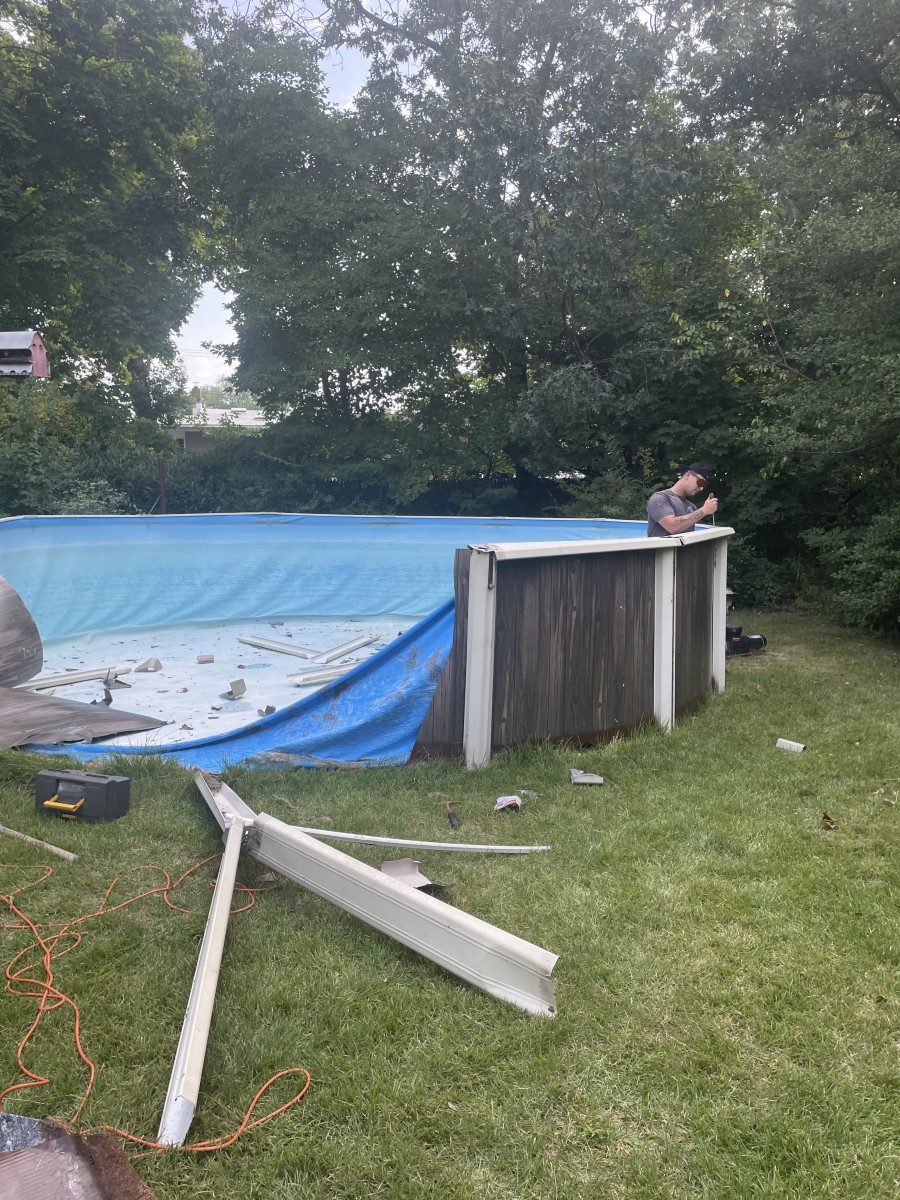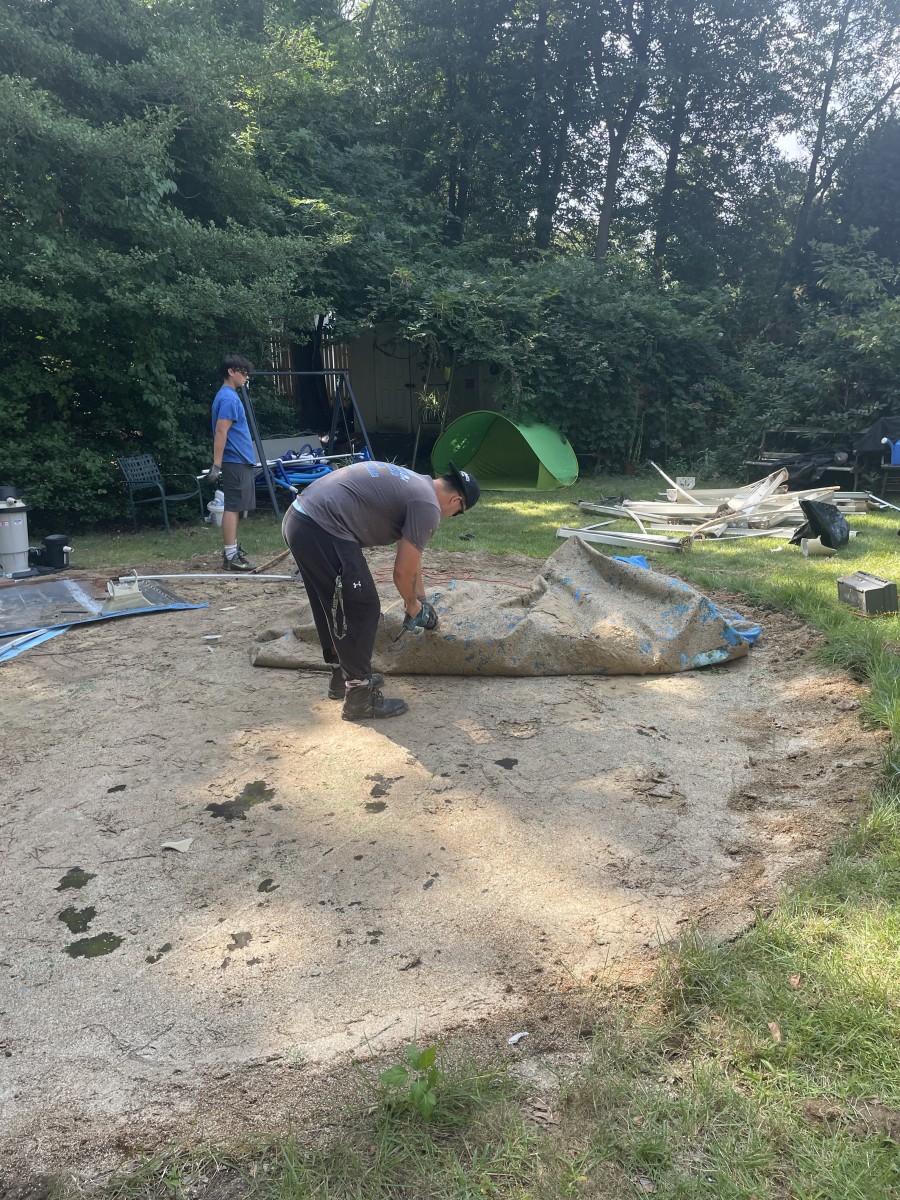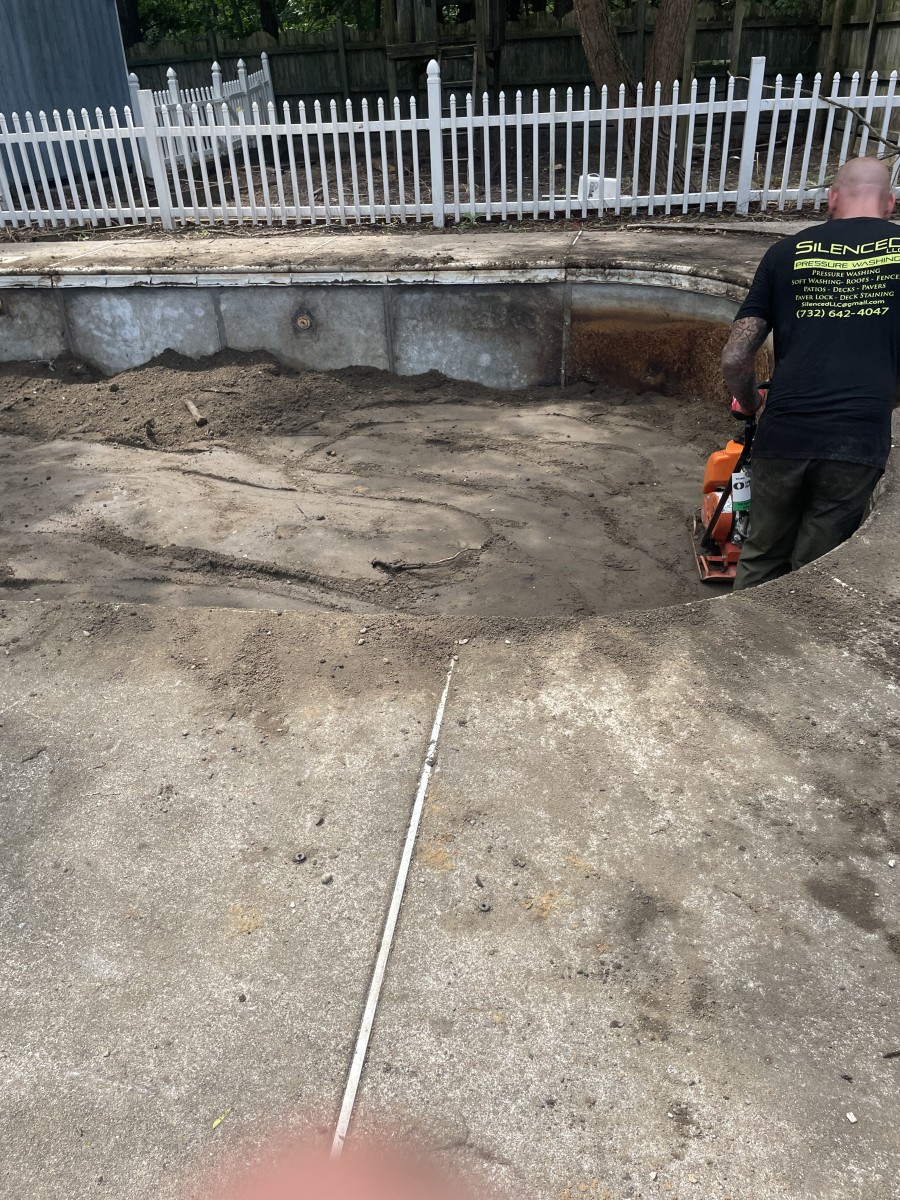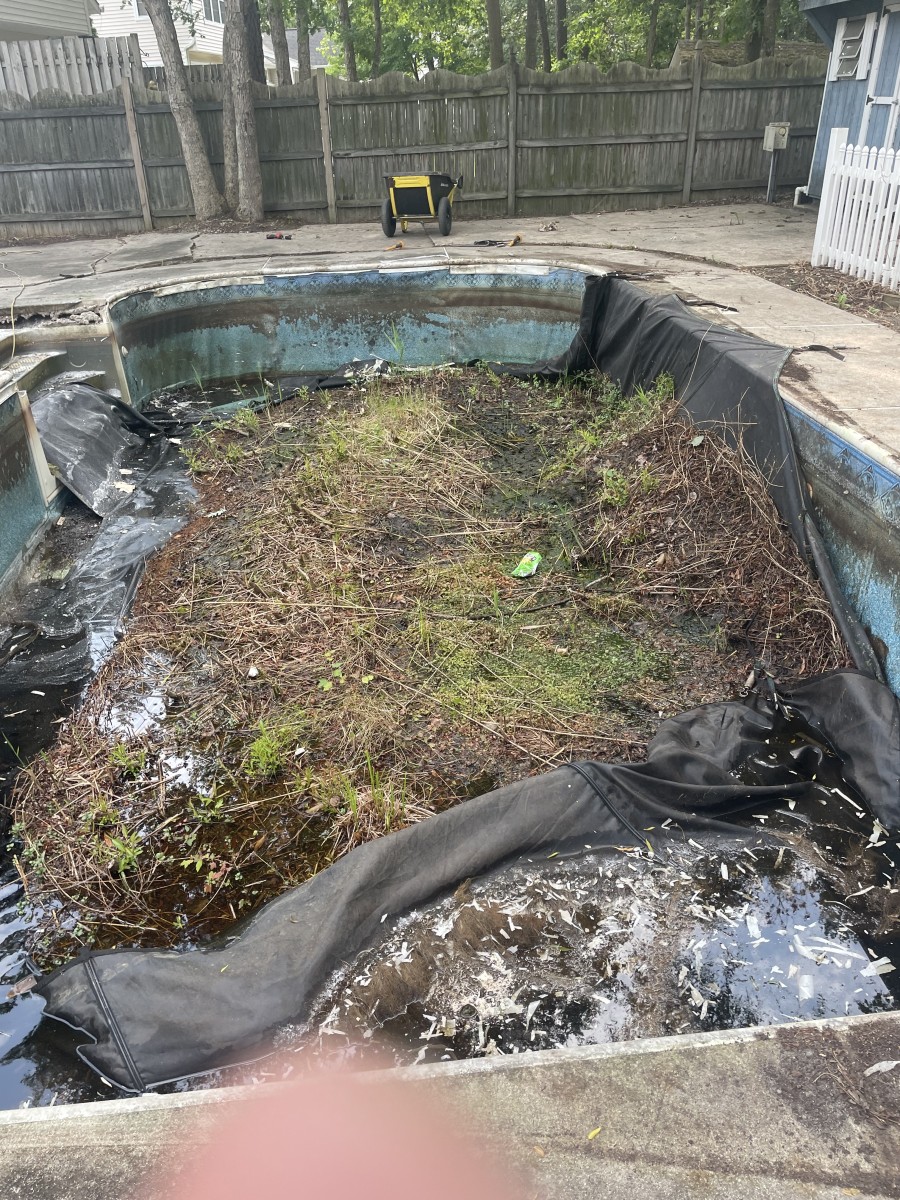Sponsored results
Blue Wave Demolition
At Blue Wave Demolition, we work hard to create a customer experience second to none. We provide residential demolition for all types of structures and... more
All "Oil Tank Removal" results near me in Pleasantville, NJ - February 2026
Daytime Construction
Removing an old or unused oil tank requires care and experience. Daytime Construction provides safe, compliant oil tank removal for residential and commercial properties. Protect... more
Blue Wave Demolition
At Blue Wave Demolition, we work hard to create a customer experience second to none. We provide residential demolition for all types of structures and... more
Jersey Premier
At Jersey Premier's demolition division, we know what it takes to complete oil tank removal projects. We work closely with our customers to ensure their... more
The Dessin Organization LLC
At The Dessin Organization LLC, we specialize in light demolition that clears the way for your next project. From removing old decks and sheds to... more
Coppotelli Enterprises, Inc
Located in Toms River, NJ and serving surrounding areas, Coppotelli Enterprises, Inc. brings the experience needed to complete the toughest jobs on time and within... more
H & D Rosetto, Inc.
H&D Rosetto Demolition provides the most comprehensive, dynamic, and efficient demolition services in all of Toms River, NJ. Professional to the core, our... more
Giberson Plumbing & Excavating Inc
Giberson Plumbing & Excavating Inc offers a variety of services to residential and commercial customers throughout the Cherry Hill, New Jersey area. We specialize... more
Advantage Site-Work
Advantage Site-Work was founded in the 1980s with the purpose of providing the community with professional construction management and implementation services. Our... more
Nearby Places for Tank Removal
Tank Removal Tips for Pleasantville, NJ
What is an underground storage tank?
Underground storage tanks are large containers built to hold large amounts of liquid or gas underground. These tanks were widely used between the 1930s and late 1980. Typically built of bare steel, these tanks are still used on residential and commercial properties, though they are becoming less common due to their environmental and health risks.



